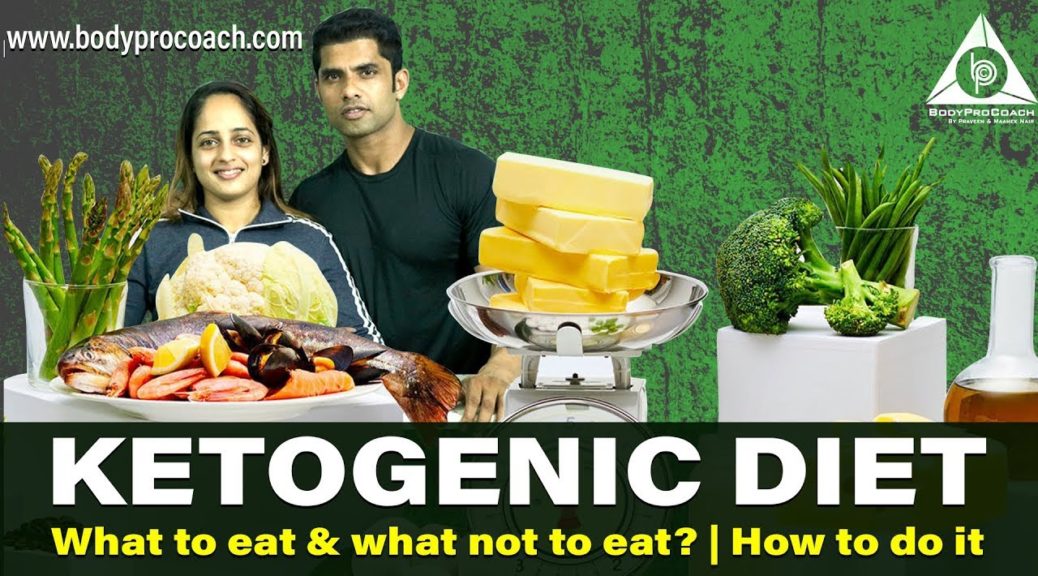
Why You Should Consider Following A Ketogenic Diet For Weight Loss.
Ketogenic diet has gained popularity in recent years and for the right reasons being an excellent way to reduce weight.
What is a ketogenic diet?
Basically a ketogenic diet is an extremely low-carb, high-fat diet with an “adequate” amount of protein.
Our bodies normally burn carbohydrates for energy. When we eat fewer amounts of carbs, our body starts breaking down stored fat and puts our body into a metabolic state called ketosis. When this happens, our body becomes incredibly efficient at burning fat for energy.
And what happens is; the liver starts producing ketones from fats. These ketones serve as a fuel source throughout the body, especially for the brain.
And now as our body’s metabolism shifts away from carbs towards fat and ketones, this lowers our blood sugar and insulin levels. And so it becomes much easier to access the fats stored in our body to burn them off.
And Ketosis is a normal physiological process. There’s nothing dangerous about it.
Why Ketogenic diet?
The reason is it has a lot of health benefits, especially with metabolic, neurological or insulin-related diseases.
So let’s talk about few benefits:
How to do it?
There are few ways you can follow this diet:
1. Standard ketogenic diet (SKD): Here you eat a very low-carb, moderate-protein and high-fat diet. Typically about 75% fat, 20% protein and only 5% carbs.
2. Cyclical ketogenic diet (CKD): Here you can eat a high carb diet for say 2 days in a week and follow ketogenic for the other 5 days.
3. Targeted ketogenic diet (TKD): In this one you are allowed to eat high carb food around workout, which means when you do something like HIIT you can have some high carb food.
4. High-protein ketogenic diet: This one is similar to a standard ketogenic diet, but includes more protein. The ratio is often 60% fat, 35% protein and 5% carbs.
But the most effective and common for fat loss is the Standard ketogenic diet (SKD) and you can follow this diet for as long as you want.
What to eat and what not to eat?
Do Not Eat:
Avoid any foods that are high in carbohydrates, that would be;
Do Eat:


